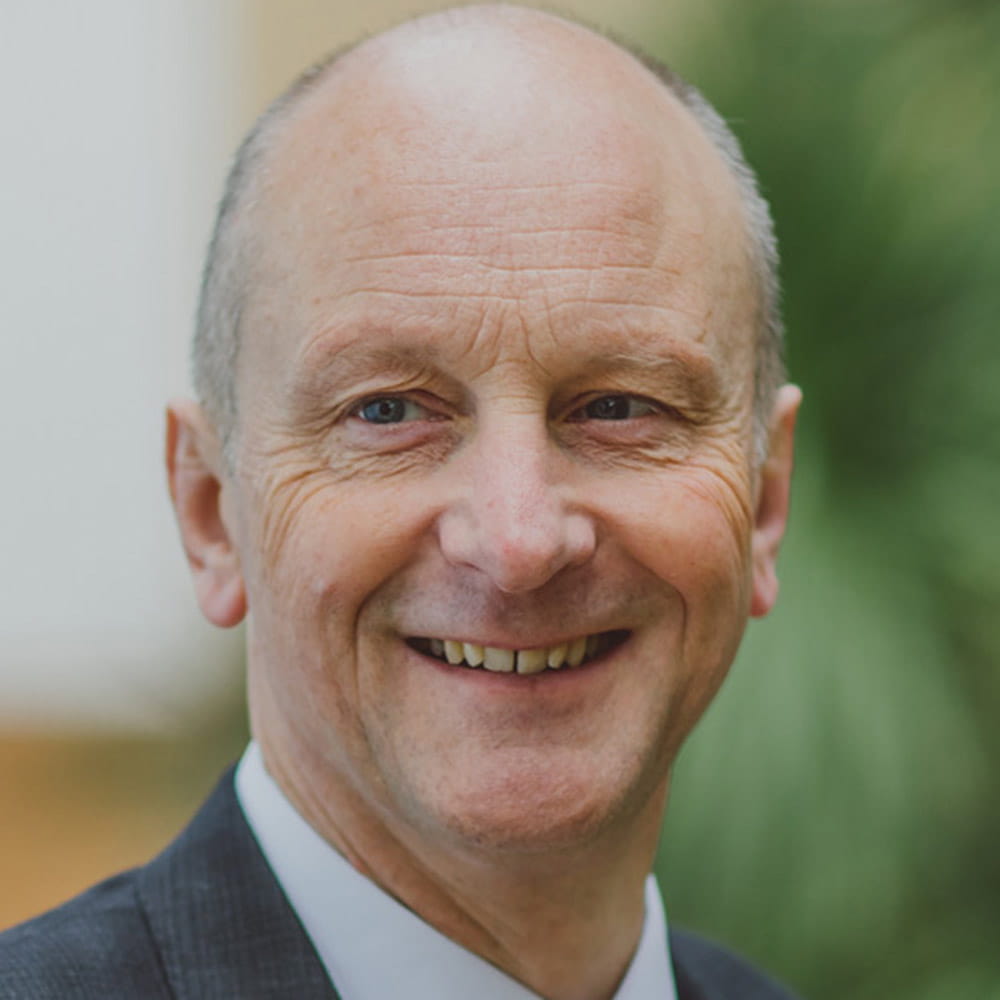Ramadan is a spiritual month for Muslims and fasting during this month is one of the five pillars of Islam. “It is an opportunity for spiritual growth and closeness to our creator.” Fasting during Ramadan is a commitment of the body and soul to a purification process, and people who are fasting will not eat or drink for approximately 17 to 18 hours during the day.
This year Ramadan should commence on Sunday 10 March and conclude on Tuesday 9 April, subject to the official moon sighting. From the beginning to the end of Ramadan, a fasting day will start before sunrise which will be between 2.50 am and 4.30 am and end at sunset between 7.30pm and 8.30pm. Muslims will be expected to wake up and eat and drink before sunrise, although this is not mandatory.
The spirit of Ramadan inspires Muslims to be charitable. Coming together to donate to local mosques and community centres for the less privileged. Fasting aims to establish equality between the rich and poor. It is believed that through the experience of hunger and thirst individuals will learn to be grateful and be charitable to the less fortunate. The spirit of Ramadan also encourages Muslims to be sociable within the limits of their religion. Praying together and sharing meals at the time of iftar (the breaking of the fast), to create a sense of community and social bonding.
Enhancing and maintaining spirituality is vital to the person who is fasting. Like the new year Muslims take the opportunity to begin new resolutions. Engaging in the five daily prayers on time and with the utmost concentration is important to the spiritual growth of a Muslim. Muslims intensify their prayers during the last ten days of Ramadan seeking the night of Laylatul Qadr, the Night of Decree or Night of Power. It is one of the most sacred nights in the Islamic calendar.
What happens at the end of Ramadan?
Muslims will celebrate the Eid-Ul-Fitr, which will begins on the evening of Tuesday 9 April and lasts until the evening of Wednesday 10 April. Once again, this is dependent on the sighting of the moon. Central to the Eid celebration is the Eid prayers performed in a congregation. This day is a religious holiday in almost all Islamic countries. Wishing our Muslims happy Eid will also create a sense of belonging and connectedness.
How can we be inclusive?
We should think about how we can adopt practical approaches to enable Muslims in our community to have a positive experience during the Ramadan. A flexible working and learning approach can be considered. Some students will be fasting during exams periods and will find it difficult due to not eating and drinking for long hours. Perhaps we could consider reasonable adjustments for such students:
- Encourage regular breaks, it is a legal requirement in the UK to take a break after 6 working hours.
- Be courteous and ask if the person who is fasting is OK with you eating in front of them. 99.9% of the time they will be, but it is courteous to ask.
- Avoid waving food in the faces of those fasting. This sounds obvious but you would be surprised how often this actually happens.
- If possible, avoid holding social/networking gatherings after work in which those fasting may not be able to attend and would therefore miss out on networking events.
We should all work with Muslims within our community to support our students and staff during the Ramadan and help maintain our global community.


